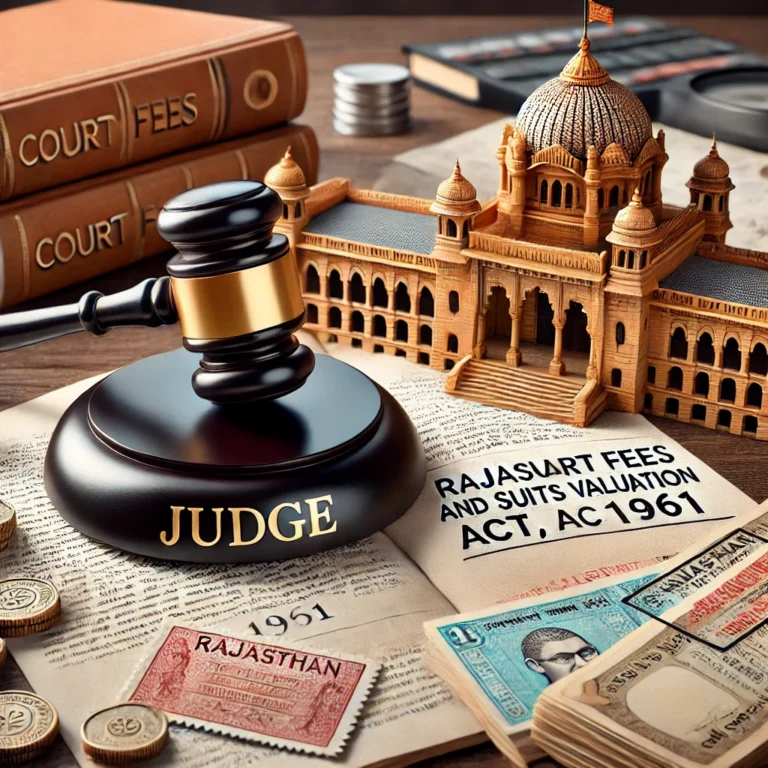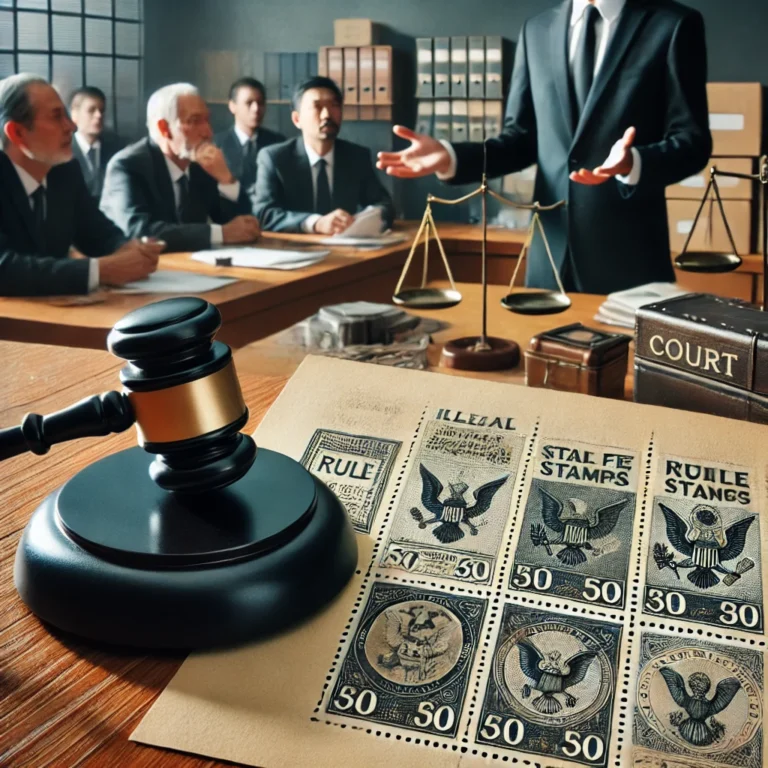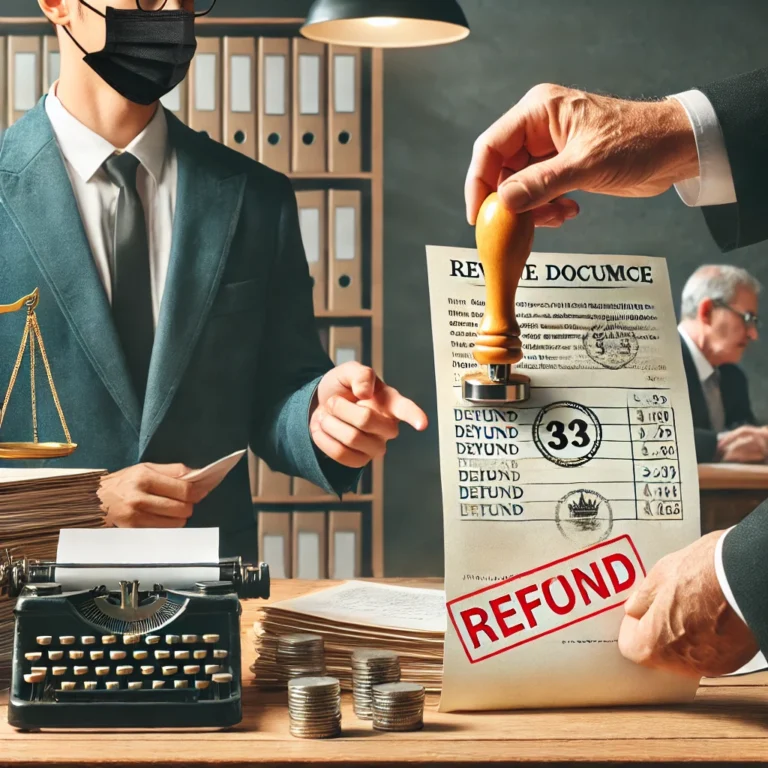Suit Valuation for Court Jurisdiction (Section 48)
Where the law does not fix a rule by which the value of a suit is to be ascertained, the same value will apply for both deciding the jurisdiction of the court and determining the court fee. If a fixed court fee is to be paid, the jurisdiction of the court will be based on the market value of the property concerned or, where that cannot be ascertained, the amount mentioned by the plaintiff in the plaint.
For instance, if an individual sues to recover a property valued at ₹10 lakh, this value will be applied to ascertain both the correct court and the fee of the court. Yet, if the value of the land cannot be ascertained, the plaintiff will have to indicate an approximate value, which will then be applied for these reasons.
For More Updates & Regular Notes Join Our Whats App Group (https://chat.whatsapp.com/DkucckgAEJbCtXwXr2yIt0) and Telegram Group ( https://t.me/legalmaestroeducators )
Objections to Suit Valuation in Appeals and Revisions (Section 49)
If a suit or appeal is undervalued or overvalued, and the case is heard by a court without jurisdiction, an objection can be made. But such objections are subject to certain conditions. The objection should have been made in the trial court prior to or at the time of the first hearing when issues were formulated, or in an appeal, it should have been included in the memorandum of appeal. If these conditions are not met, the appellate court may not consider the objection unless it believes the valuation error affected the case’s outcome.
For More Updates & Regular Notes Join Our Whats App Group (https://chat.whatsapp.com/DkucckgAEJbCtXwXr2yIt0) and Telegram Group ( https://t.me/legalmaestroeducators ) contact@legalmaestros.com.
For example, if a ₹15 lakh property case is erroneously filed in a lower court that only hears cases up to ₹10 lakh, the defendant will have to bring this matter at the onset of the trial. If this was not done earlier, the appellate court may overlook it unless it concludes that the erroneous valuation affected the ruling of the case.
If the appellate court does accept the objection but possesses sufficient information to rule on the appeal, it will go on with the case as if there were no jurisdictional objection. If the court lacks sufficient evidence, it might remand the case to an appropriate lower court or receive additional evidence before it rules.
These provisions extend to revision petitions under Section 115 of the Code of Civil Procedure, 1908, so that the cases are being heard by proper courts and in order to avoid unnecessary legal postponements.






